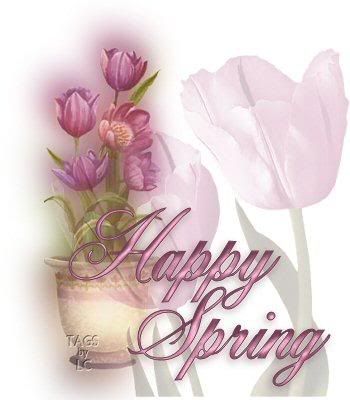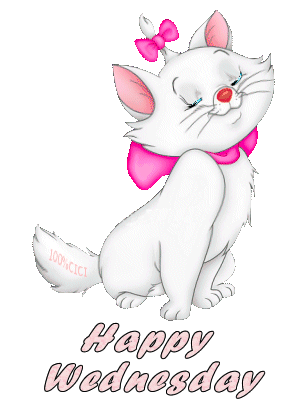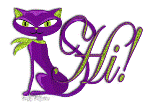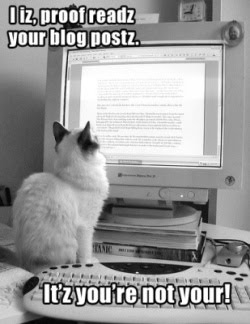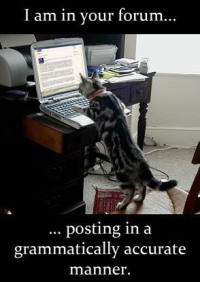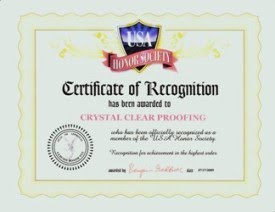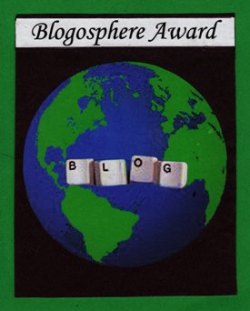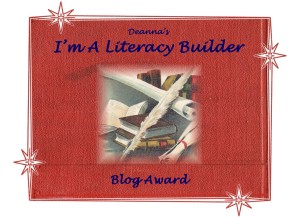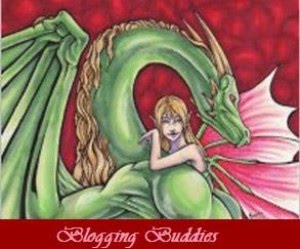The social media website Mashable implied that the change is long overdue, running the story with the headline "AP Stylebook finally changes 'e-mail' to 'email.'"
On the other hand, the New York Times announced that they'll stick with "e-mail." What this shows is that using a hyphen in "e-mail" is a style choice, and Mashable is more permissive than the Associated Press, which is more permissive than the New York Times when it comes to language change.
When the AP Stylebook editors were asked why they made the change, they said most of their writers already turn in articles with the "email" spelling, and copy editors found "e-mail" increasingly difficult to police. They emphasized that they don't consider themselves to be on the leading edge of language change; instead, they "bow to common usage."
This creates yet another "writer/author preference" as to which version to use. Just remember to be consistent!
Source: GrammarGirl
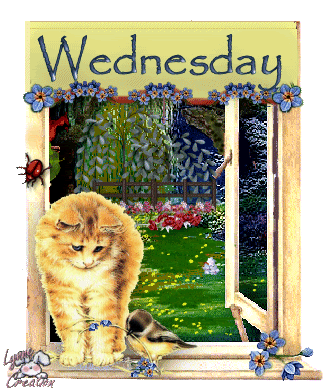
Have a HAPPY Day!

